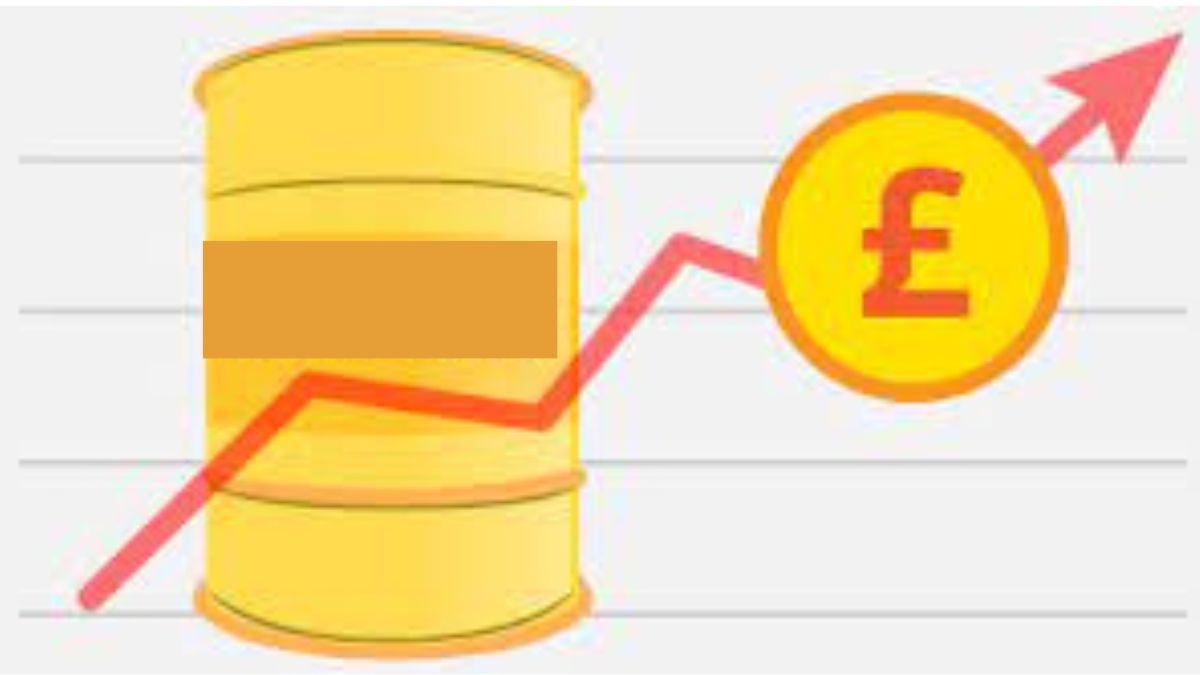As winter settles in and temperatures drop, millions of households across the United States rely on heating oil to keep their homes warm and comfortable. Heating oil prices can fluctuate significantly, causing concern for homeowners and impacting their winter budgets. Understanding the factors that drive these price fluctuations is crucial for homeowners and businesses alike. In this article, we will delve into the complex world of heating oil prices and explore the key factors that influence them.
Crude Oil Prices
One of the most significant factors affecting heating oil prices is the price of crude oil. Heating oil is derived from crude oil, and its price tends to mirror the fluctuations in crude oil prices. Crude oil prices are influenced by a multitude of global factors, including:
Supply And Demand: Like any commodity, crude oil prices are heavily influenced by supply and demand dynamics. When global demand for oil rises due to factors such as economic growth or geopolitical tensions, crude oil prices tend to increase.
OPEC Decisions: The Organization of the Petroleum Exporting Countries (OPEC) plays a pivotal role in determining crude oil prices. OPEC members collectively control a significant portion of global oil production and can adjust their production levels to influence prices.
Political Instability: Geopolitical events, conflicts, and disruptions in major oil-producing regions can lead to supply disruptions, which can, in turn, drive up crude oil prices.
Currency Exchange Rates: Since crude oil is traded in U.S. dollars, fluctuations in currency exchange rates can impact the price of oil. A weaker dollar typically leads to higher oil prices.
Understanding These Factors Is Essential For Predicting And Making Sense Of Heating Oil Price Fluctuations
Weather Conditions
Weather plays a vital role in heating oil prices. Colder-than-average winters can lead to increased demand for heating oil, causing prices to rise. Conversely, mild winters can result in lower demand and lower prices. Long-term weather forecasts and the severity of winter can significantly impact heating oil prices near me for the season.
Distribution And Supply Chain
The distribution and supply chain of heating oil can also affect prices. Factors such as transportation costs, refinery capacity, and inventory levels can impact the price of heating oil in specific regions. Some areas may be more dependent on a single supplier, making them vulnerable to price spikes if there are disruptions in the supply chain.
Taxes And Regulations
Government taxes and regulations can have a substantial impact on heating oil prices. Different states have varying tax rates on heating oil, and changes in tax policies can directly affect the cost to consumers. Additionally, environmental regulations may require changes in the composition of heating oil, potentially leading to price adjustments.
Competition And Market Dynamics
The competitive landscape in the heating oil industry also influences prices. In regions with multiple suppliers, competition can lead to lower prices as companies vie for customers. Conversely, in areas with limited competition, consumers may face higher prices.
Global Events And Geopolitical Factors
Global events and geopolitical factors can have immediate and profound effects on oil prices and, by extension, heating oil prices. Events such as conflicts in oil-producing regions, trade disputes, and sanctions can disrupt the oil market and cause price spikes.
Seasonal And Inventory Factors
Heating oil prices can also be influenced by seasonal factors and inventory levels. Suppliers often build up inventories in preparation for the winter season, which can stabilize prices. However, unexpected fluctuations in inventory levels can impact pricing.
Consumer Behavior
Consumer behavior can influence heating oil prices to some extent. For example, consumers who purchase heating oil early in the season when prices are lower may experience cost savings compared to those who wait until demand increases closer to winter.
Energy Alternatives And Technology
Advancements in energy alternatives and heating technologies can indirectly impact heating oil prices. As consumers switch to more energy-efficient systems or explore alternative heating options, the demand for heating oil may decline, potentially leading to lower prices.
Conclusion
Heating oil prices are subject to a complex web of factors that can lead to significant fluctuations. From crude oil prices and weather conditions to supply chain dynamics and global events, understanding these factors is essential for homeowners and businesses seeking to navigate the heating oil market effectively.
To manage heating oil costs, consumers can consider strategies such as purchasing heating oil during the offseason, maintaining energy-efficient homes, and exploring alternative heating solutions. Staying informed about the factors that influence heating oil prices allows consumers to make informed decisions and better prepare for the winter months.











